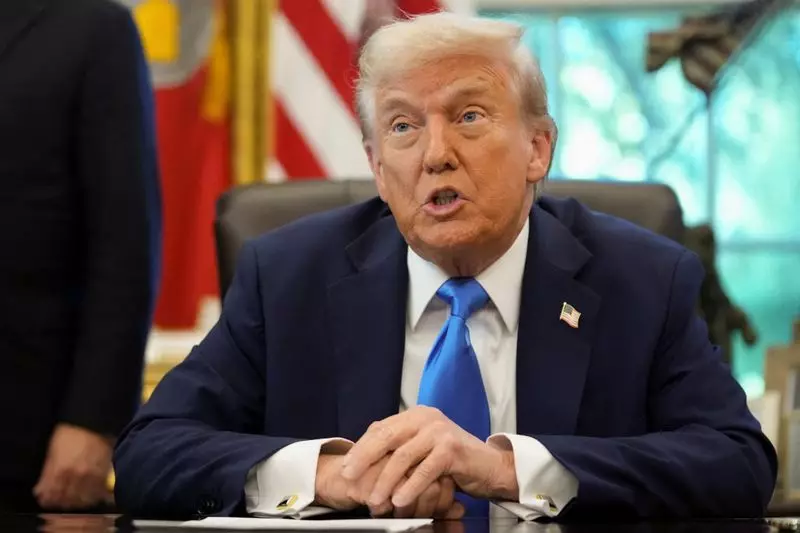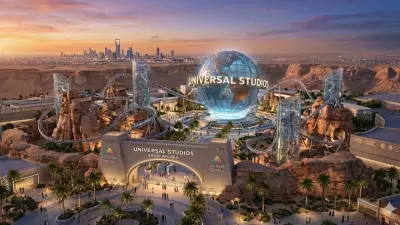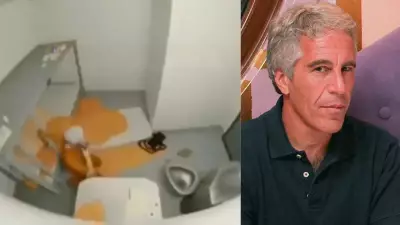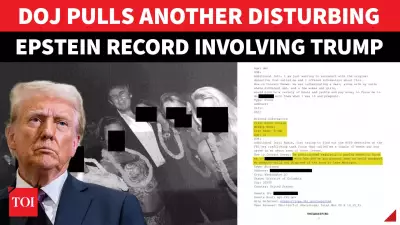
Former United States President Donald Trump has reignited the conversation around American immigration policy, specifically focusing on the need to attract highly skilled global talent through the H-1B visa program. During a recent interaction, Trump pointed out a significant gap in the current system, suggesting that the US does not have enough talented people and must bring in more from abroad.
The Core of Trump's Argument on Skilled Immigration
Speaking at a gathering, the former president articulated a clear stance on skilled migration. Donald Trump emphasized the critical need for the United States to welcome talented individuals from around the world. His comments highlight a perceived shortage of highly skilled professionals within the country's existing workforce, a gap he believes can be filled by reforming the existing visa framework.
"We have to bring in talented people," Trump stated, adding a pointed observation, "We don't have many in the US." This direct statement underscores a significant shift in the narrative surrounding the H-1B visa, often a subject of intense debate. While the program is designed for specialty occupations, Trump's remarks suggest a desire to make it more accessible and focused on top-tier global talent.
Context and Implications for the H-1B Program
The H-1B visa is a non-immigrant visa that allows US companies to employ foreign workers in specialized fields that require theoretical or technical expertise. Technology companies depend on it to hire tens of thousands of employees each year from countries like India and China. However, the program has been a contentious issue, with critics arguing it can be used to replace American workers with cheaper foreign labor.
Trump's latest comments indicate a potential refinement of his previous position. While his administration was known for tightening the rules and scrutiny around the H-1B visa process, his current focus appears to be on streamlining the system to favor truly exceptional and highly skilled professionals. This approach aims to ensure that the United States remains competitive in the global race for talent, particularly in cutting-edge sectors like technology, engineering, and artificial intelligence.
Potential Impact on Indian Professionals and the Tech Industry
This proposed direction for the H-1B visa program holds substantial implications for countries that are major contributors to the US tech sector. India, being the largest recipient of H-1B visas, has a significant stake in any policy changes. Thousands of Indian IT professionals seek these visas annually, forming a backbone for many American tech giants and innovation hubs.
A reformed system that prioritizes high-caliber talent could benefit skilled Indian workers who possess advanced degrees and specialized skills. However, it might also raise the bar for eligibility, making the process more competitive. The broader tech industry, which has consistently advocated for an increase in the H-1B visa cap, would likely welcome a move that simplifies the hiring of global experts, though it remains to be seen what specific policy mechanisms Trump would propose.
In conclusion, Donald Trump's recent statements have put the spotlight back on US immigration policy for skilled workers. By advocating for a system that actively seeks out and brings in talented individuals, he is addressing a key concern for American economic competitiveness. The evolution of this narrative will be closely watched by businesses, foreign professionals, and policymakers alike, as it could shape the future of innovation and workforce dynamics in the United States.





